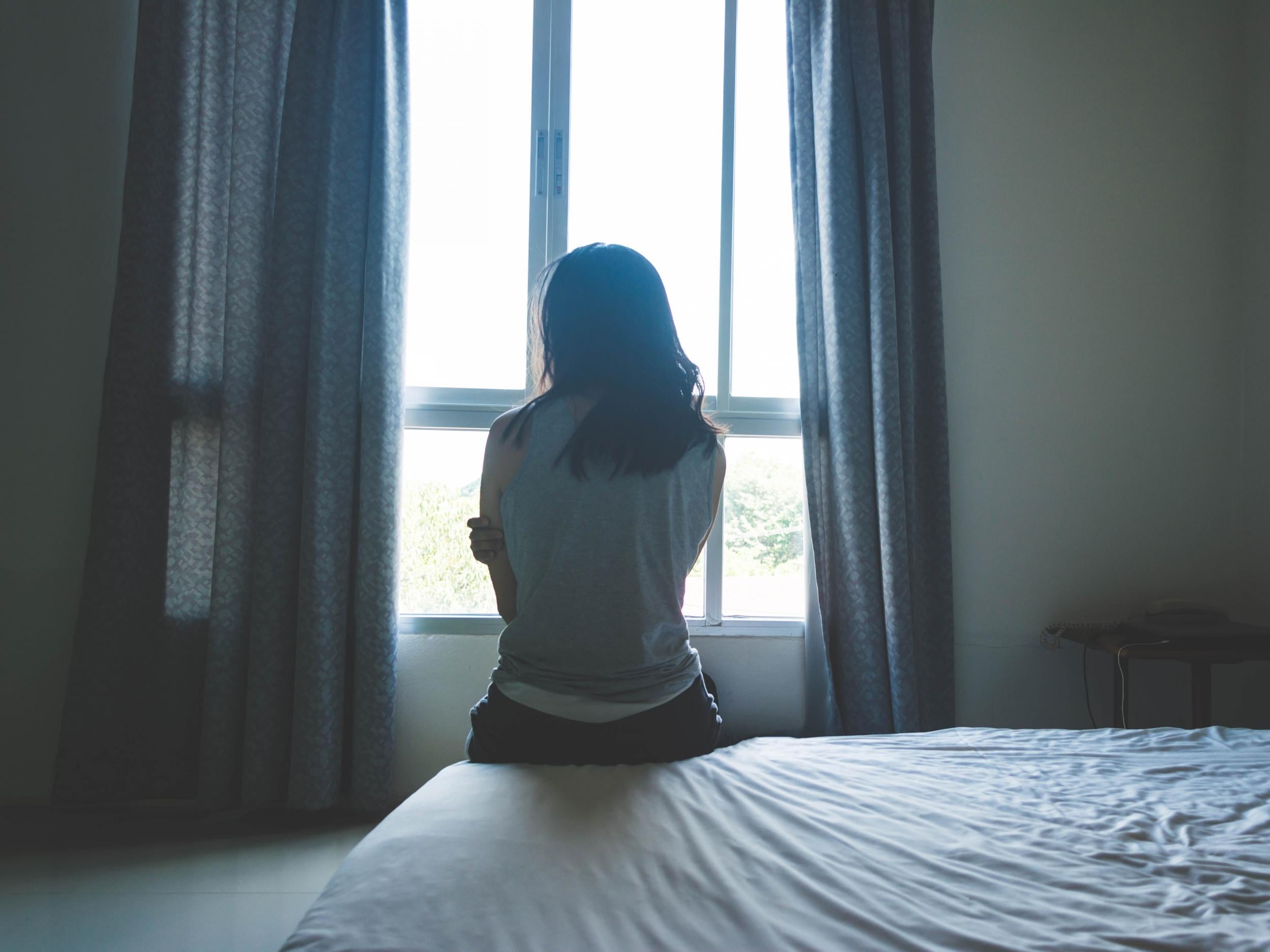Domestic abuse victim wins legal challenge against policy denying her right to compensation
Court rules 'same-roof' rule, which denies compensation to domestic abuse victims who lived in same home as their attacker before 1979, 'incompatible' with human rights laws

Your support helps us to tell the story
From reproductive rights to climate change to Big Tech, The Independent is on the ground when the story is developing. Whether it's investigating the financials of Elon Musk's pro-Trump PAC or producing our latest documentary, 'The A Word', which shines a light on the American women fighting for reproductive rights, we know how important it is to parse out the facts from the messaging.
At such a critical moment in US history, we need reporters on the ground. Your donation allows us to keep sending journalists to speak to both sides of the story.
The Independent is trusted by Americans across the entire political spectrum. And unlike many other quality news outlets, we choose not to lock Americans out of our reporting and analysis with paywalls. We believe quality journalism should be available to everyone, paid for by those who can afford it.
Your support makes all the difference.A woman who suffered serious abuse at the hands of her stepfather has won a legal challenge against a policy which denies some victims the right to compensation.
The Court of Appeal ruled on Tuesday that the so-called “same-roof” rule, which denies compensation to domestic abuse victims who lived in the same home as their attacker before 1979, was “incompatible” with human rights laws.
The woman, identified only as JT for legal reasons, successfully challenged the policy after it denied her the right to damages because she lived in the same home as her attacker before 1979.
Campaigners welcomed the ruling, saying it was another step closer to an overhaul of the "unfair and illogical" Criminal Injuries Compensation Scheme (CICS).
JT's stepfather, who abused her when she was aged between four and 17, was convicted of eight offences including rape and sexual assault in 2012 and jailed for 14 years.
But when she applied to the Criminal Injuries Compensation Authority (CICA), which pays damages to victims of violent crime, she was refused a payout.
Lord Justice Leggatt, who heard the appeal with Sir Terence Etherton and Lady Justice Sharp, said the rule was “arbitrary and unfair”.
“A scheme under which compensation is awarded to (the other victim) but denied to JT is obviously unfair," he said.
“It is all the more unfair when the reason for the difference in treatment - that JT was living as a member of the same family as her abuser, whereas (the other victim) was not - is something over which JT had no control and is a feature of her situation which most people would surely regard as making her predicament and suffering even worse.”
The same-roof rule was originally brought in to ensure that abusers did not benefit from compensation paid to victims they lived with.
It was varied in 1979 so that any future child victims of domestic crimes could claim compensation, but the change was not applied retrospectively.
Reforms were made in 2012, but the same-roof rule was maintained amid fears that scrapping it could see an increase in the number of claims.
The Independent Inquiry into Child Sexual Abuse recommended in its interim report in April that the rule should be scrapped.
Lawyers representing the CICA had argued that the Government's decision not to extend the compensation scheme to pre-1979 victims was “justified”.
Following the court’s ruling, Barnardo’s chief executive Javed Khan, Victim Support’s CEO Diana Fawcett and Director of Liberty, Martha Spurrier said in a joint statement: “This victory brings us another step closer to an overhaul of the unfair and illogical Criminal Injuries Compensation Scheme (CICS).
“The outdated ‘same roof’ rule has prevented survivors of child sexual abuse from claiming compensation because their abuser was someone they lived with before 1979. Since 2015 the CICS has refused 180 applications. Today’s ruling paves the way for them to receive the justice they deserve, so they can move on with their lives.
“However, the CICS is still failing victims. It tells children they consented to their own abuse, denies compensation to victims of online exploitation and restricts pay-outs for people with completely unrelated criminal convictions. The Government must urgently rewrite the CICS guidance to make it fit for purpose.”
Rebecca Hilsenrath, chief executive at the Equality and Human Rights Commission (EHRC), also welcomed the ruling, saying: “To suffer abuse as an innocent child at the hands of a trusted adult is the worst of horrors. To be denied compensation on the basis of living with the perpetrator just compounds the profound injustice.
"Today’s ruling will be welcome news for those that have survived child abuse in the home before 1979. This policy needs to be changed to enable other domestic victims to be compensated.”
Join our commenting forum
Join thought-provoking conversations, follow other Independent readers and see their replies
Comments